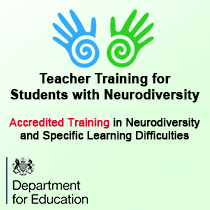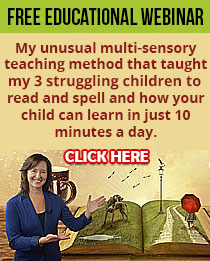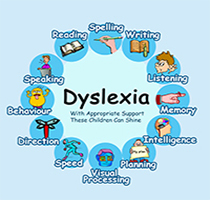
This article was provided courtesy of Prof. John Stein and the Dyslexia Research Trust About Dyslexia What causes Dyslexia? There is no single ’cause’ of developmental dyslexia. The way in which dyslexia affects people differs from individual to individual, as do the reasons for the specific difficulties experienced. Children learn language and literacy skills best when… Read More »








 August 19th, 2014
August 19th, 2014  Liz Dunoon
Liz Dunoon  Posted in
Posted in 

 Tags:
Tags: 






